Synthetic Data Generation
Train Your Algorithms with AI-generated synthetic data
Our Capabilities
Synthetic data generation along with labels is increasingly being used in ML due to its low cost and flexibility. Statswork synthetic data generation enables companies to generate a limitless amount of synthetic data that is realistic and representative of real data that matches the behaviour, pattern and preferences of your original data set. Our synthetic data generation can also be viewed as data augmentation if there is existing data where some missing parts needs to be filled in. Our data set mimic all the same patterns and correlations from your original data. Since its anonymous syntenic data it is exempt from data protection regulations. By generating a synthetic data generation, it enables you to create anonymized data at scale without risking your customer privacy.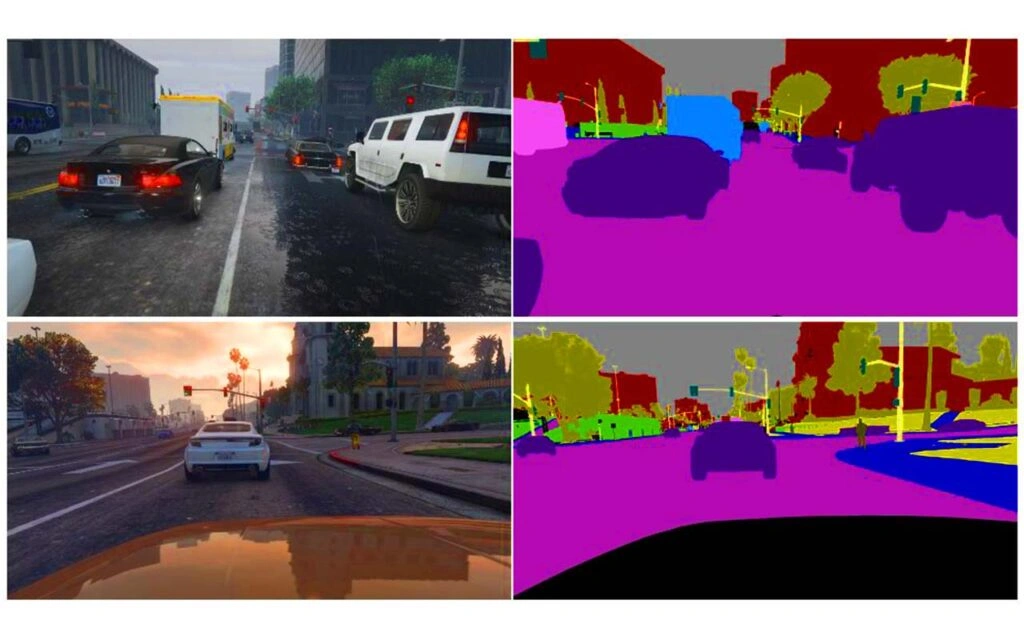
Our Approach
AI Training
Scale your data to train your advanced machine learning and AI algorithms
Testing & Development
Test and develop your next-gen products with accurate data at scale
Data Monetization
Monetize by sharing data assets with the fullest detail without risking the privacy of your customers
SaaS Production validation
Test drive SaaS services by creating real world conditions with synthetic data and safely test new offerings.
Examples of Our Work
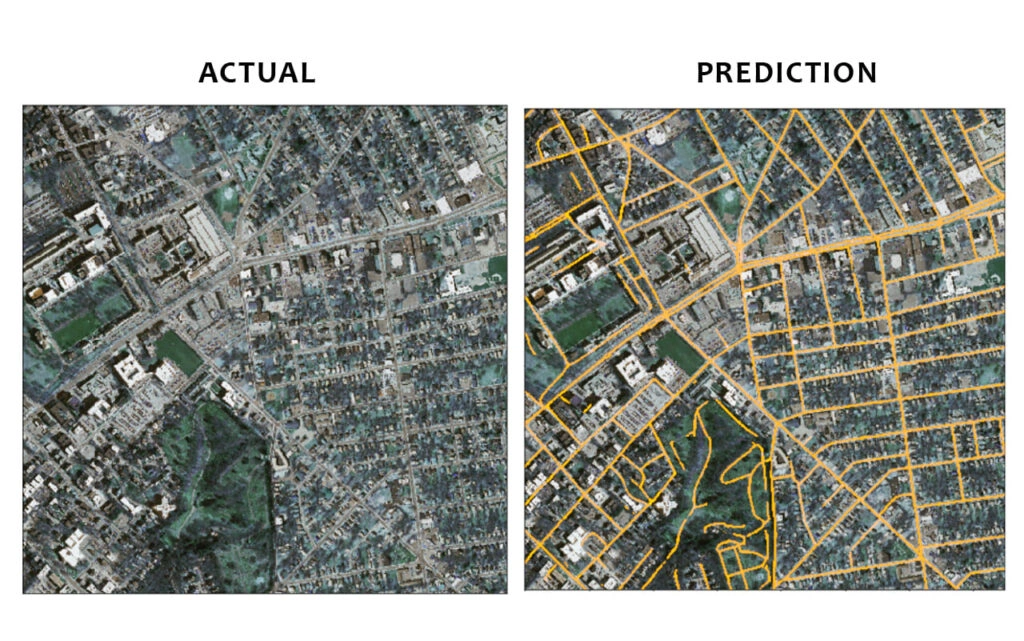
Image datasets
A dataset of digital photographs is used to test, train, and assess how well computer vision and other machine learning and artificial intelligence (AI) algorithms work.
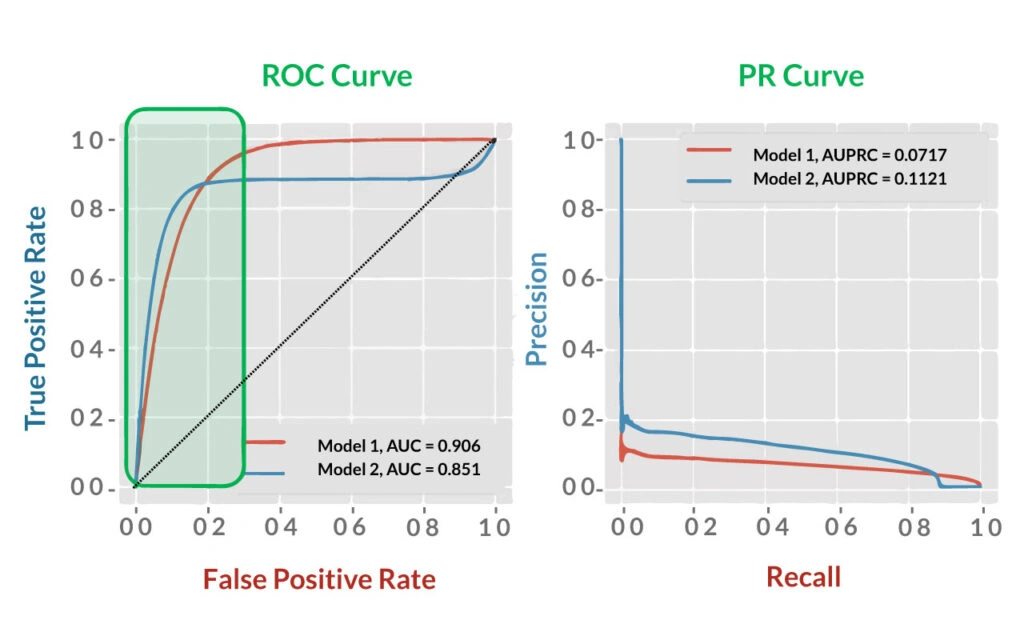
Evaluation of algorithms
To evaluate the algorithm on different dimensions, such as accuracy, efficiency, fairness, robustness, transparency, and accountability, frameworks and standards provide you rules, guidelines, methodologies, and measurements.
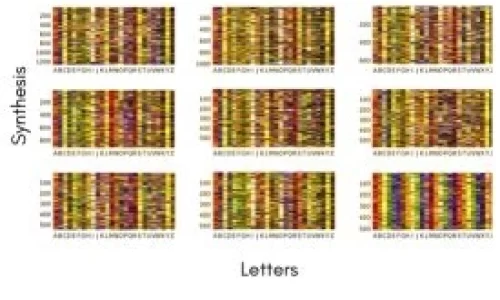
Synesthetic Text Data
Paraphrasing is a classical challenge of generating alternative expressions that have the same semantic meaning.Our team of experts used syntax and other semantic based method to generate large amounts of synthetic text data.
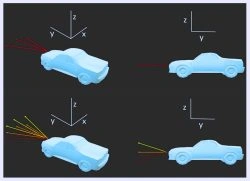
Object detection – Rotating a Car 90 degree
We collaborated with an automotive AI company to create a synthetic dataset focused on object detection, specifically for vehicle rotation scenarios. Our team generated high-resolution synthetic images of cars rotated at 90-degree angles in various environments, including urban streets and parking lots. These images were designed to simulate real-world conditions, with variations in lighting, weather, and background elements. The synthetic dataset was used to train and refine object detection models, enhancing the accuracy of recognizing vehicles in complex scenarios. This project enabled our client to improve the reliability of their autonomous driving systems, particularly in navigating tight spaces and making precise maneuvers
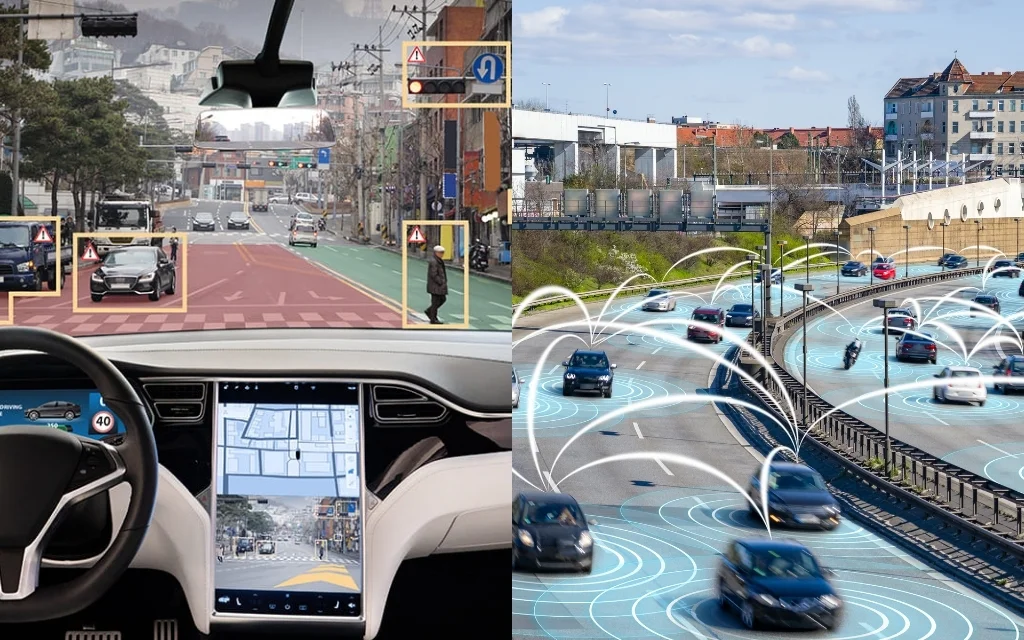
Synthetic Data Generation for Autonomous Vehicle Training
We collaborated with an automotive tech company to create a synthetic image dataset for training autonomous vehicle systems. Our team generated a diverse array of high-resolution images simulating various driving environments, including urban streets, highways, and rural roads. These images featured different weather conditions, times of day, and vehicle types, all meticulously rendered to ensure realism. The dataset was used to enhance the vehicle’s object detection and navigation capabilities, leading to significant improvements in the system’s performance and safety. By leveraging synthetic data, our client accelerated development while reducing the costs and time associated with real-world data collection

Synthetic Data Generation for Healthcare Diagnostic Systems
We worked with a healthcare technology company to generate synthetic medical image datasets for diagnostic system training. Our team created high-resolution synthetic images of medical conditions, including CT scans, MRIs, and X-rays, simulating various abnormalities and anatomical structures. These images were meticulously designed to reflect a wide range of pathologies and patient scenarios. The synthetic dataset was used to train AI models for detecting and diagnosing medical conditions, significantly improving diagnostic accuracy and system performance. This approach provided our client with a cost-effective solution for expanding their training data, ultimately enhancing their diagnostic tools and patient care.
